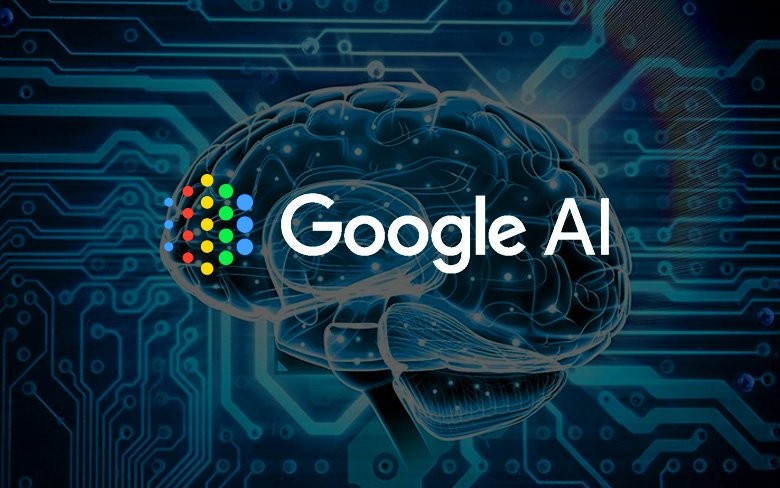Last Updated on October 1, 2025 by Becky Halls
Google has rolled out significant AI search updates to its engine, powered by advancements in its Gemini AI models, to deliver a more intuitive and context-aware search experience. Announced in September 2025, these AI-driven enhancements aim to refine how the platform interprets and fulfills user intent, incorporating features that delve deeper into complex queries while prioritizing high-quality, authoritative content.
AI Search Updates Revolutionize Search
The centerpiece of the update is “Deep Search”, a new feature within Google’s AI Mode, which enhances the platform’s ability to handle intricate, multi-layered searches. By breaking down queries into sub-tasks, referencing both real-time data and historical context, and synthesizing responses from a range of reputable sources, these updates are designed to provide users with more precise and comprehensive results.
Insights from Search Engine Land describe how “Deep Search” builds upon earlier updates, such as the August 2025 spam update, which targeted low-quality, superficial content. For marketers, this shift underscores the growing importance of creating in-depth, authoritative material that aligns with AI’s ability to infer connections across domains.
Implications for SEO and Content Strategies
These developments are poised to transform traditional search engine optimization (SEO) practices. According to Google, the updates prioritize delivering results that cater to user intent rather than relying on keyword density. Search marketing experts are being urged to move beyond dated tactics and focus on producing multifaceted, user-driven content.
Industry leaders have also commented on the broader implications of the update. Sundar Pichai highlighted the “agentic capabilities” of the new AI-powered search, whereby the system can now perform tasks such as contacting businesses or generating customized plans. As noted in a thread by Robby Stein, this evolution positions Google Search as an active assistant, potentially reducing visibility for traditional organic listings in favor of AI-generated summaries. For marketers, the focus must shift toward optimizing for conversational queries and structuring content in ways that AI systems can easily parse, such as through schema markup and entity-based linking.
The “Perspective” Algorithm and Search Volatility
The September 2025 update also introduced the “Perspective” algorithm, which has caused turbulence in search rankings, affecting over 40% of results. According to a recovery guide from Digitxl, this change emphasizes genuine user value while penalizing manipulative SEO practices. The update is consistent with Google’s push for E-E-A-T principles – Experience, Expertise, Authoritativeness, and Trustworthiness – as the cornerstone of content credibility in the AI-driven ecosystem.
For marketers looking to adapt, auditing websites for AI compatibility is essential. Strategies such as incorporating multimedia elements and fostering meaningful user engagement can help maintain visibility in this new landscape.
Navigating Opportunities Amid Change
Google’s evolution of AI Mode is not limited to search functionality. The updates also incorporate features like live voice chat and real-time summaries, as highlighted in a Medium article by CherryZhou. These additions position Google as a leader in the AI-powered search race, potentially disrupting traditional advertising models by shifting toward performance metrics tied to AI interactions.
Meanwhile, The Drum reports that personalization within AI Mode could significantly impact branding, favoring companies with strong digital footprints. Strategies such as creating content hubs tailored to specific queries and anticipating sub-questions can help brands adapt to these changes. With AI Mode now available in over 180 countries, as noted in updates from Greg Sundberg, global marketers will need to localize efforts while leveraging tools like Gemini for predictive analytics.
A Paradigm Shift for Search Marketing
As industry leaders like Aleyda Solis emphasize, the updates demand a rethinking of how informational sites present depth, especially after the recent spam update penalized surface-level content. Monitoring metrics through tools like Google Search Console will be essential to navigate ongoing fluctuations in rankings.
Ultimately, these updates herald a new era for search marketing, where success hinges on delivering high-quality, intent-driven content. By embracing adaptability and prioritizing user engagement, professionals can position themselves for long-term visibility in an increasingly intelligent search ecosystem.




